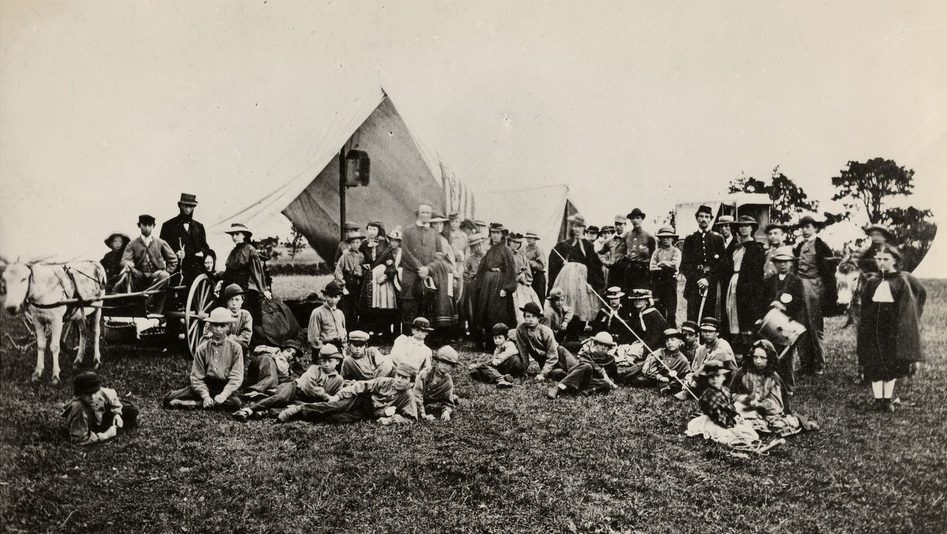Ferguson’s Decisive Social Mobility
Preeminent Harvard historian Niall Ferguson argues that social mobility is extremely important to any developing or advancing society, and that the degree of social mobility is more important than the degree of inequality.
He reasons that he would much rather live in a society with high-income inequality and high social mobility, than a society with low-income inequality and low social mobility. A society where somebody can start out flipping burgers, and end up as a CEO is more preferable to a society where some individual will be stuck in the same place their entire lives.
This is the case because, as Ferguson explains, it reflects who we are as human beings. Our “aptitudes” are not evenly distributed. When we have kids, we are not having carbon copies of ourselves, so our children will revert to the mean. Amazing, motivated, driven people, will not necessarily produce children with the same characteristics or level of achievement. However, in the absence of social mobility, these less talented, less driven, and less deserving offspring will still gain access to elite colleges and good jobs, based on their parents talent, income, education and connections, rather their own aptitudes and skill sets.
This happens on the other side of the spectrum as well. Two less talented or less educated parents can produce highly talented and driven kids. In socially mobile societies, this child would gain access to scholarships and to elite schools like UC Berkeley and Harvard, based on their talent. But this is not happening in our society! We lose all this talent in the bottom fifth of the population. The development of that talent is the key to an advancing society!
Along with this need for increasing upward social mobility, Ferguson discusses the problem society has today with downward social mobility. Ferguson states that we “create safety nets so nobody will have to fall too far or too hard. And we want to take the pain out of competition.” However, this is how we find who is talented and who is not. This is how we find who is hardworking and who is not. This needs to be done all the way from early education, to how chief executives become heads of companies. If we do this, maybe executives will stop giving themselves bonuses while their firms are going under.





